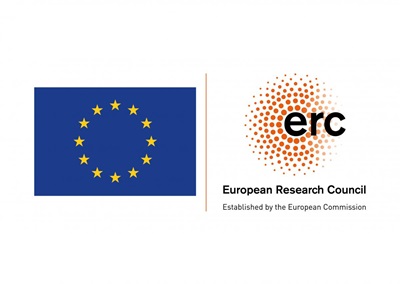In the PhD project, which is a part of the ERC Advanced Grant (“New Paradigm in Electrolyte Thermodynamics”), we are going to make a bridge from physical chemistry to chemical engineering thermodynamics in the theory of electrolyte solutions. The main goal of my project is to introduce the concept of ion-pairing the current electrolyte CPA equation of state.
Electrolytes are present in several of the areas including the physical science as well as in many engineering fields. Although their presence in the vast fields of science and engineering, yet their behavior is relatively poorly understood.
To be more specific, when ions appear in a solution, they may drastically alter the properties and can even induce phase splitting. The amounts of salts appearing in each system may depend on size, polarity, and especially on the degree of ion pairing in the case of non-aqueous solvents. Such phenomena are not currently well understood and no thermodynamic models accurately predict this behavior.
In this project, we are going to shed light on the concept of ion-pairing from the chemical engineering thermodynamics point of view. Despite the fact that this concept is under the research in physical chemistry theoretically, we aim to introduce it in the electrolyte CPA equation of state as a practical engineering tool.
To introduce the concept of ion-pairing in e-CPA, we have to deal with lots of theories and phenomena including, ion-ion long-range interactions (the Debye-Hückel model), ion-solvation (Born model), ion-pairing models (the Bjerrum theory), conductivity of electrolyte solutions (the Debye-Hückel-Onsager model), liquid-liquid equilibrium of electrolyte solutions and so on.
Ion-pairs has been more or less agreed to be important in high salt concentration or high temperature systems, and mixed-solvents. Also, it’s been agreed that they may affect conductivity of electrolyte solutions. As a result, we are going to collect relevant electrical conductivity data of different solutions, improve methods of prediction of conductivity of electrolyte solutions, and, investigate the effect of ion-pairs on the solutions conductivity.
Furthermore, we are going to investigate the effect of ion-pairs in high concentration and high temperature systems. Finally, we have goals to investigate thoroughly the concept of ion pairing on the liquid-liquid equilibrium and mixed solvents, and relate to direct or indirect experimental data for this phenomenon
Related Phd projects
”Advanced Thermodynamic Models for Water", Evangelos Tsochantaris
“Further Development of the Primitive Electrolyte Equation of State Approach”, Martin Due Olsen
Main supervisor:
Prof., Georgios Kontogeorgis
Co- supervisors:
Assoc. Prof., Xiaodong Liang
Ph.D., Bjørn Maribo-Mogensen

“This project has received funding from the European Research Council (ERC) under the European Union’s Horizon 2020 research and innovation programme (grant agreement No 832460)”.